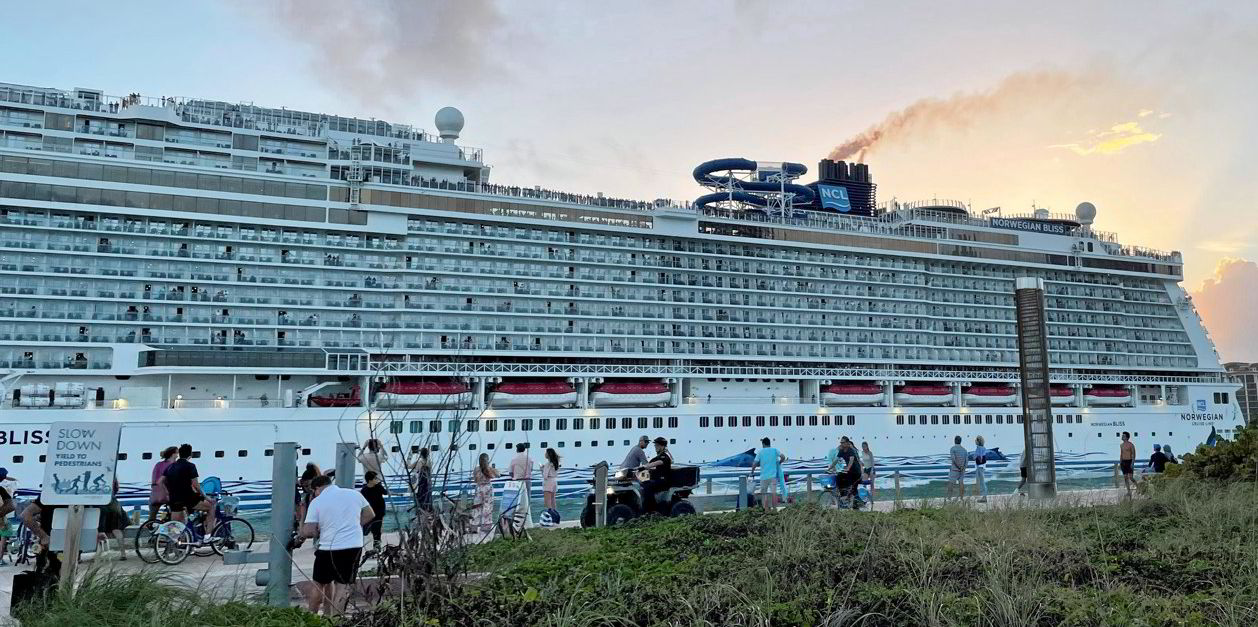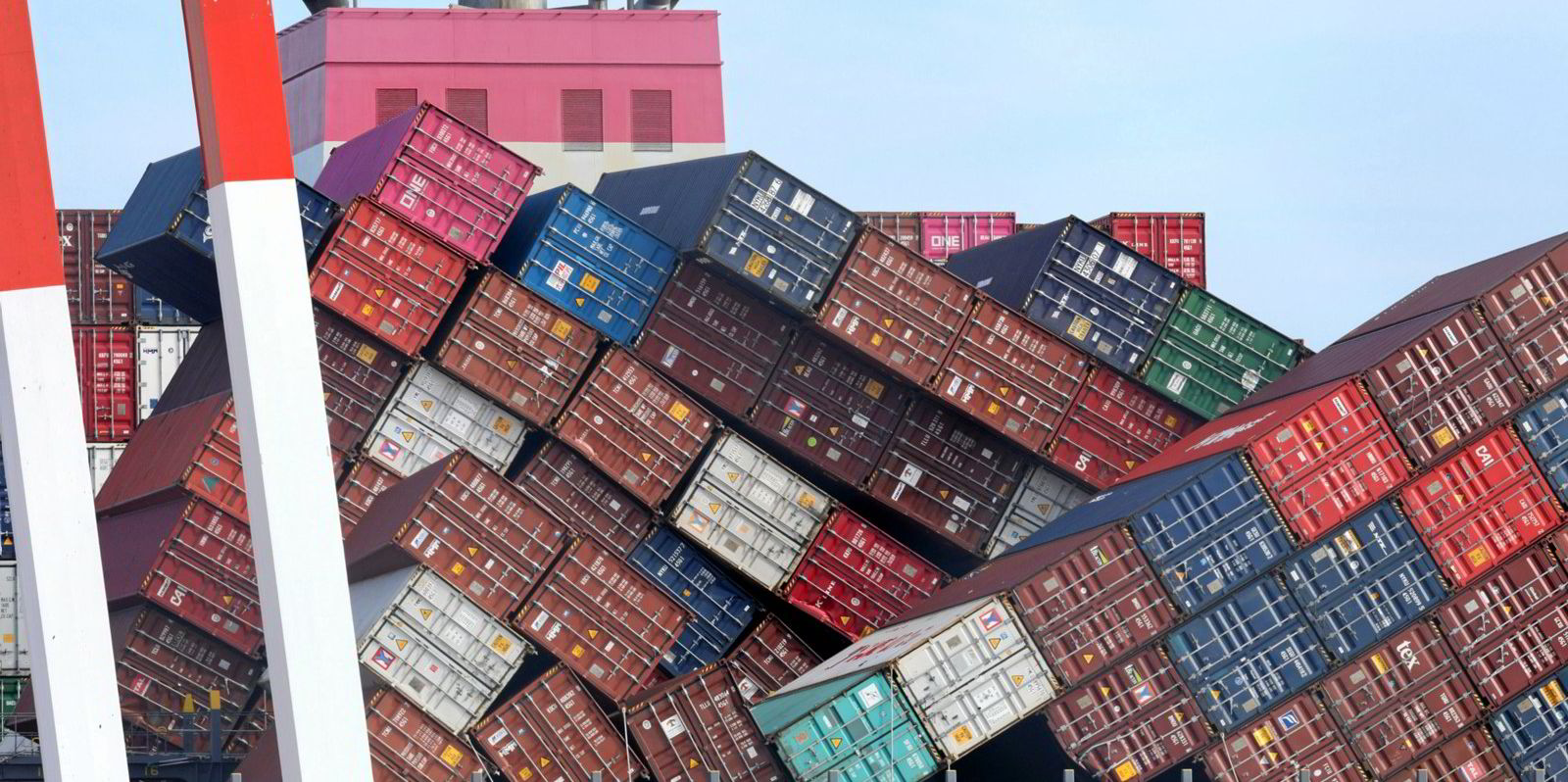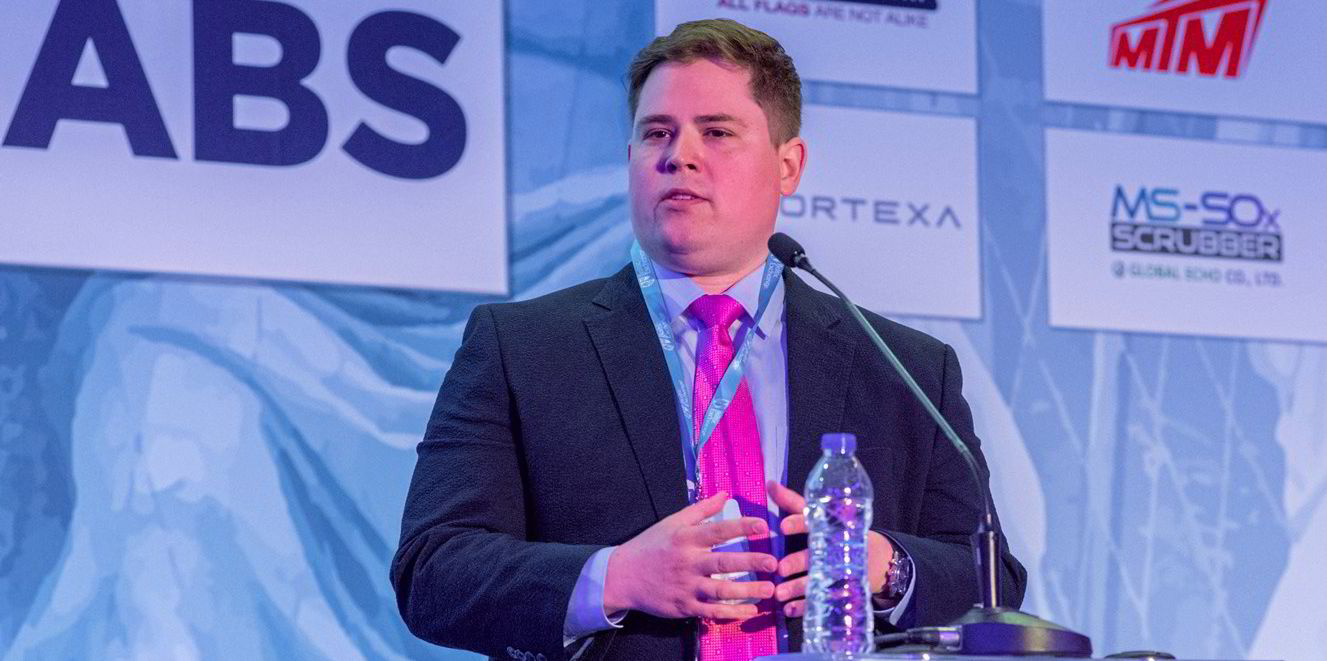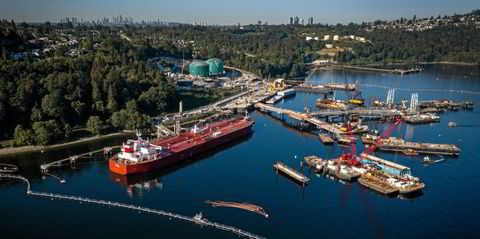Bureau Veritas has invested in software company OrbitMI as the two companies forged a strategic partnership on performance management in shipping.
The companies did not disclose the size of the investment, but OrbitMI chief executive Ali Riaz told TradeWinds that it was enough for Bureau Veritas to win a seat on his company’s board of directors.
New York-based OrbitMI, which spun off from Swedish tanker owner Stena Bulk in 2019, is a software-as-a-service company whose platform provides vessel performance and maritime intelligence services for shipowners, ship operators and charterers.

The partnership aims to bring the French classification society’s technical expertise and deep shipping roots to that digital platform.
“The top priorities are sustainability, decarbonisation and optimisation. And that’s in all aspects: speed, consumption, … port congestion and everywhere we can optimise for different types of stakeholders,” Riaz said in an interview when asked what the strategic partnership aims to accomplish.
“What’s really exciting is this combined power. It’s essentially bringing the very sophisticated deep science of BV with a user experience where we can democratise that across the maritime industry.”
The move comes as optimisation and performance monitoring platforms face a crowded space of competition, and Riaz acknowledged that landscape was among the reasons why his company wanted to team up with a company with 195 years of maritime experience.
“You have the benefit of a very strong viable credible player on one hand, and cutting edge capabilities using graph computing, using cloud computing, using mobile applications and all these different things that OrbitMI represents.”

Matthieu de Tugny, president of the marine and offshore division at Bureau Veritas, described the partnership as part of the Paris-listed company’s digital strategy.
In addition to a more digital approach to classification services and pursuing smart ships that incorporate digital technologies on board, the strategy also involves offering digital solutions services.
He said that is something that clients are asking for, as shipowners, yards, brokers and charterers all want to know how to ensure ships comply with regulations and to make their portfolios greener.
“That’s why we need a specific platform to do that. We don’t have the capability to be such a platform. And this is why we decided to cooperate with OrbitMI,” he told TradWinds.
The companies said the strategic partnership will aim to accelerate the development of existing data-driven solutions and new ones, contributing to both decarbonisation and digitalisation in shipping.
And Bureau Veritas’ marine and offshore division will work with OrbitMI to address requirements of decarbonisation regulations, including the International Maritime Organization’s carbon intensity regulations and EU emissions trading rules.
The upcoming start of shipping’s entry into the EU Emissions Trading System, which will require ships that travel to, from or between EU ports to pay for the right to pollute and is just over two months from implementation, is a significant driver for demand for optimisation technologies.
Riaz said his company has seen a 70% increase in its customer pipeline in just the last three months.
“People are really serious about addressing this. And with BV now, we can really go to market and say we’ve got your back,” Riaz said.
The executives said there is anxiety among shipowners, as there remains a lack of clarity about the upcoming rules.
“An important thing for the owners to fight against this anxiety is actually to predict,” de Tugny said, noting that working with OrbitMI can allow them to provide simulations to the shipping industry about EU emissions trading compliance.
But even more proximate is the IMO’s Carbon Intensity Indicator, which grades ships based on their emissions, carrying capacity and distance travelled. Shipowners will soon have to submit data for the first year of the regulation, de Tugny said.
The regulation has come under criticism for perverse outcomes in the calculations and for a lack of enforcement mechanism, but the executives said shipowners are taking it seriously.
“In fact, one of our shareholders is a shipowner,” said Riaz, referring to Stena Bulk. “And they have been dead serious about CII for a very long time.”






